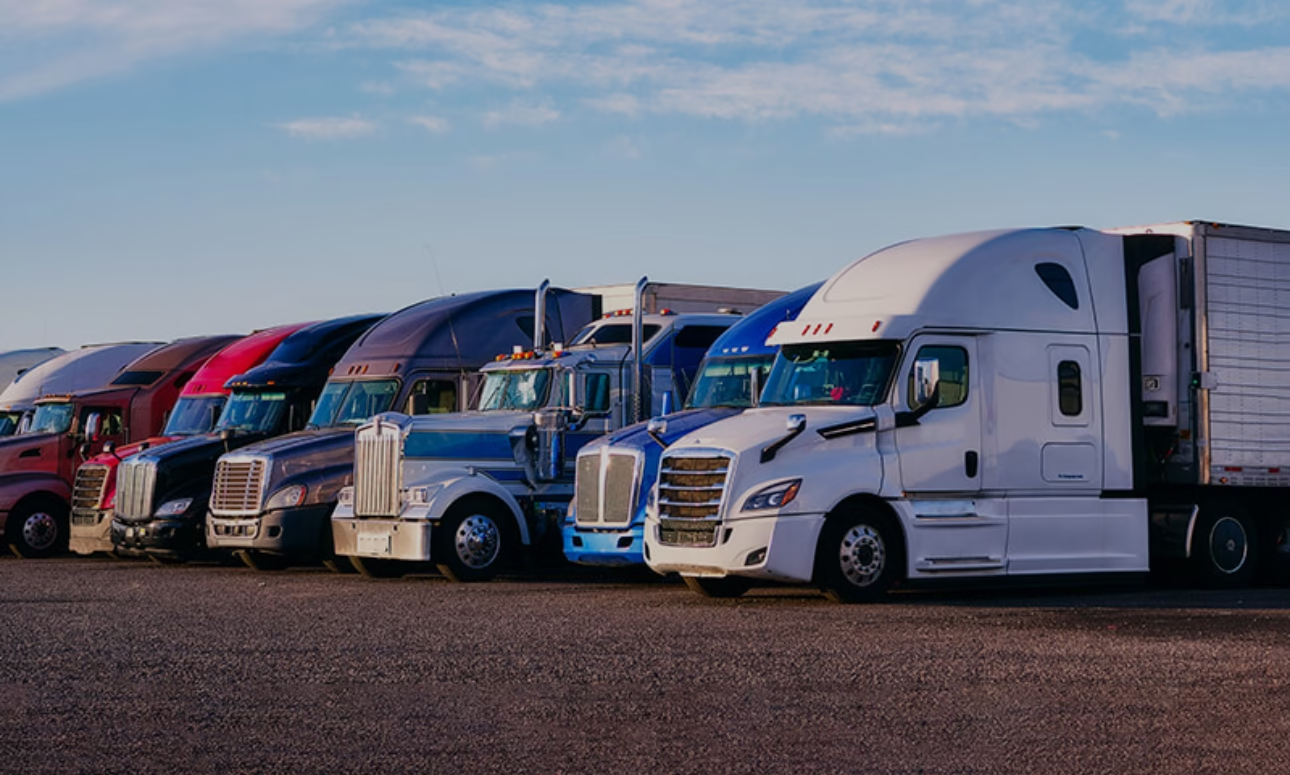U.S. Halts Worker Visas for Commercial Truck Drivers After Deadly Florida Crash

Secretary of State Marco Rubio announced an immediate suspension of all worker visa issuances for commercial truck drivers, citing public safety and protection of American jobs. Rubio affirmed that the move was effective immediately and applies to foreign nationals across the board.
Trigger Incident: Florida Turnpike Crash
The policy shift was prompted by a tragic crash on August 12, when a semi-trailer driver — an Indian national reportedly in the U.S. illegally since 2018 — executed an illegal U-turn on the Florida Turnpike. The maneuver caused a minivan to collide with the truck’s trailer, killing all three occupants.
Investigations revealed the driver lacked basic English proficiency, answering only two of 12 verbal questions correctly during an on-site assessment and identifying just one of four traffic signs.
Scope of the Visa Suspension
The pause affects three visa categories:
- H‑2B (temporary non-agricultural workers)
- E‑2 (investor visas)
- EB‑3 (skilled worker green cards)
Domestic cross-border drivers using B‑1 visas—such as many Canadian and Mexican operators—are not affected, so cross-border freight remains largely uninterrupted.
Why the Pause?
- The administration cited safety concerns and the need to safeguard American drivers’ livelihoods.
- Authorities are launching a comprehensive review of the vetting, screening, and licensing protocols, particularly scrutinizing how non-domiciled commercial driver’s licenses (CDLs) are issued.
- The Federal Motor Carrier Safety Administration (FMCSA) and Department of Transportation (DOT) have initiated investigations into how the Florida driver obtained his license despite ineligibility.
Industry Reaction
- The American Trucking Associations voiced support for the pause, urging tighter scrutiny of non-domiciled CDLs and enhanced training standards.
- The Owner-Operator Independent Drivers Association (OOIDA) stated that the move is unlikely to disrupt the supply chain given the current driver overcapacity.
Impact and Context
- While foreign-born drivers account for around 16–18% of the U.S. trucking workforce, only a small number of visas annually (approximately 1,400–1,500 under H‑2B this year) were issued to truck drivers, meaning the policy affects a limited subset.
- The visa freeze deepens uncertainty for immigrant drivers and communities — especially Punjabi and Sikh Americans — who disproportionately participate in the trucking sector.
Broader Immigration Strategy
This action comes as part of a broader crackdown on immigration and visa enforcement:
- The administration is undertaking continuous vetting of all 55 million visa holders, with a focus on violations, overstays, and public safety risks.
- The pause on truck driver visas signals a wider effort to deter employers from hiring foreign workers by making immigration paths more restrictive.
Summary: In response to a fatal Florida crash involving a non-English-speaking, undocumented truck driver, the U.S. has paused the issuance of H-2B, E-2, and EB-3 visas for commercial truck drivers. The administration is initiating a sweeping review of licensing and vetting procedures to bolster safety and safeguard domestic labor — a move whose ripple effects may influence immigration policy across the broader U.S. workforce.
www.nsemgh.com

